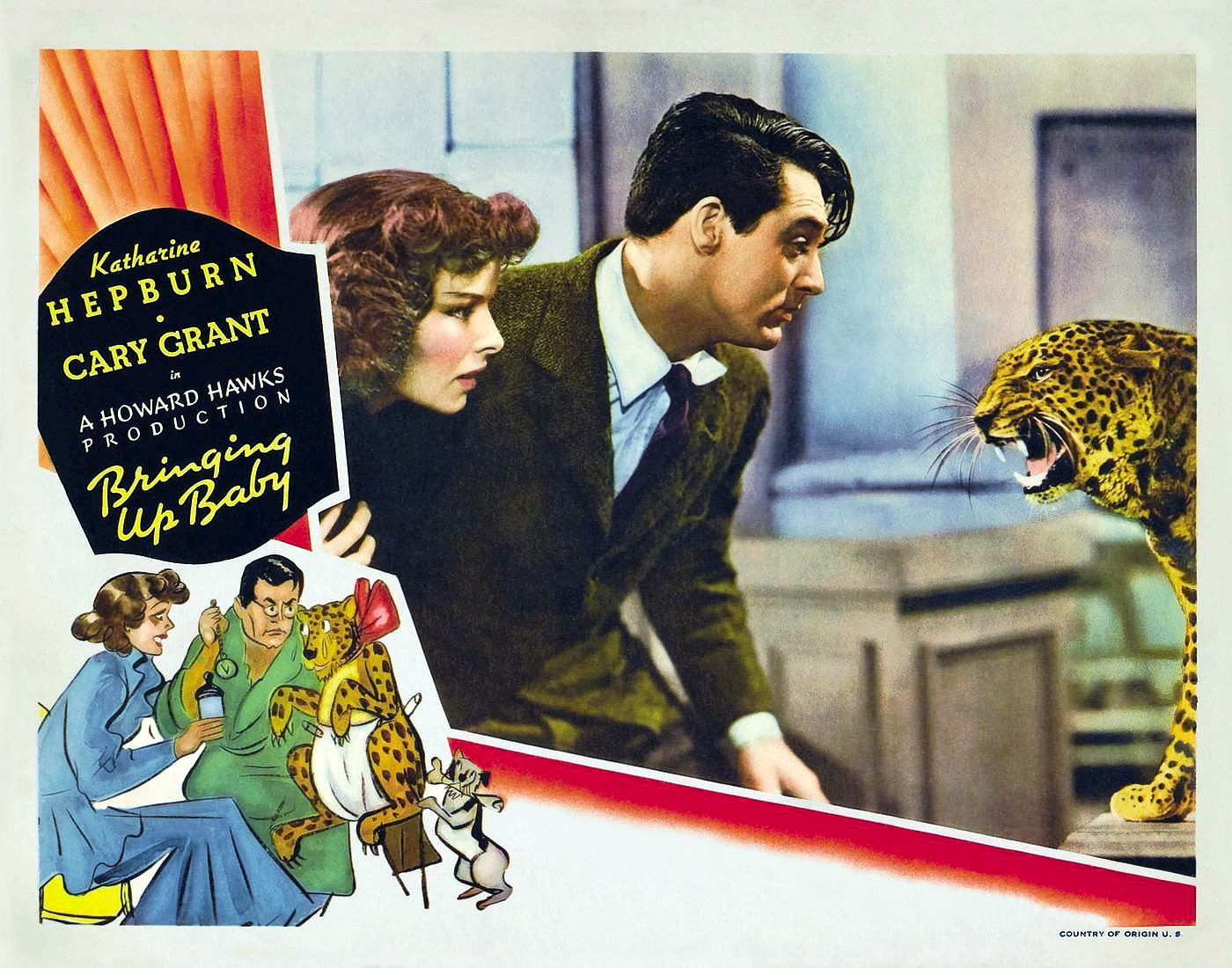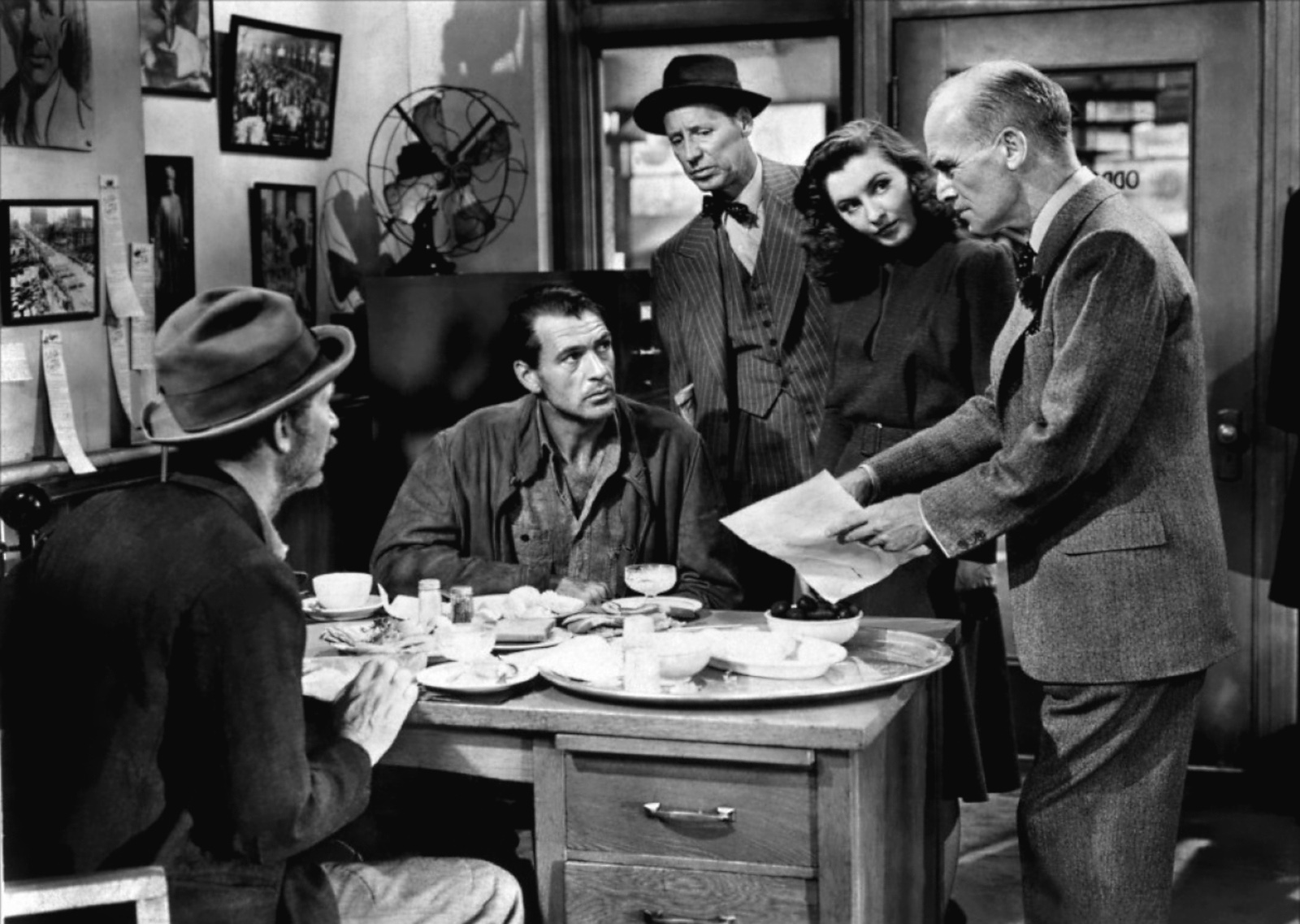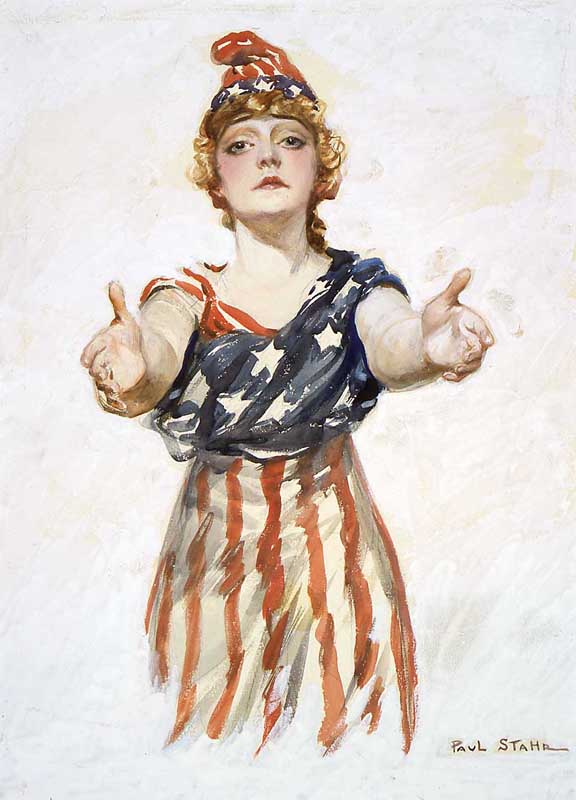|
Columbia Pictures
Columbia Pictures Industries, Inc. is an American film production studio that is a member of the Sony Pictures Motion Picture Group, a division of Sony Pictures Entertainment, which is one of the Big Five studios and a subsidiary of the multinational conglomerate Sony. On June 19, 1918, brothers Jack and Harry Cohn and their business partner Joe Brandt founded Cohn-Brandt-Cohn (CBC) Film Sales Corporation, which would eventually become Columbia Pictures. It adopted the Columbia Pictures name on January 10, 1924 (operating as Columbia Pictures Corporation until December 23, 1968) went public two years later and eventually began to use the image of Columbia, the female personification of the United States, as its logo. In its early years, Columbia was a minor player in Hollywood, but began to grow in the late 1920s, spurred by a successful association with director Frank Capra. With Capra and others such as the most successful two reel comedy series The Three Stooges, C ... [...More Info...] [...Related Items...] OR: [Wikipedia] [Google] [Baidu] |
Division (business)
A division, sometimes called a business sector or business unit (segment), is one of the parts into which a business, organization or company is divided. Overview Divisions are distinct parts of a business. If these divisions are all part of the same company, then that company is legally responsible for all of the obligations and debts of the divisions. In the banking industry, an example would be East West Bancorp and its primary subsidiary, East West Bank. Legal responsibility Subsidiaries are separate, distinct legal entities for the purposes of taxation, regulation and liability. For this reason, they differ from divisions, which are businesses fully integrated within the main company, and not legally or otherwise distinct from it. The '' Houston Chronicle'' highlighted that the creation of a division "is substantially easier than developing subsidiaries. Because a division is an internal segment of a company, not an entirely separate entity, business owners cre ... [...More Info...] [...Related Items...] OR: [Wikipedia] [Google] [Baidu] |
Film Production
Filmmaking (film production) is the process by which a motion picture is produced. Filmmaking involves a number of complex and discrete stages, starting with an initial story, idea, or commission. It then continues through screenwriting, casting, pre-production, shooting, sound recording, post-production, and screening the finished product before an audience that may result in a film release and an exhibition. Filmmaking occurs in a variety of economic, social, and political contexts around the world. It uses a variety of technologies and cinematic techniques. Although filmmaking originally involved the use of film, most film productions are now digital. Today, filmmaking refers to the process of crafting an audio-visual story commercially for distribution or broadcast. Production stages Film production consists of five major stages: * Development: Ideas for the film are created, rights to existing intellectual properties are purchased, etc., and the screenplay is writte ... [...More Info...] [...Related Items...] OR: [Wikipedia] [Google] [Baidu] |
Studio System
A studio system is a method of filmmaking wherein the production and distribution of films is dominated by a small number of large movie studios. It is most often used in reference to Hollywood motion picture studios during the Golden Age of Hollywood from the 1920s to 1960s, wherein studios produced films primarily on their own filmmaking lots with creative personnel under often long-term contract, and dominated exhibition through vertical integration, i.e., the ownership or effective control of distributors and exhibition, guaranteeing additional sales of films through manipulative booking techniques such as block booking. The studio system was challenged under the antitrust laws in a 1948 Supreme Court ruling which sought to separate production from the distribution and exhibition and ended such practices, thereby hastening the end of the studio system. By 1954, with television competing for audience and the last of the operational links between a major production studio and ... [...More Info...] [...Related Items...] OR: [Wikipedia] [Google] [Baidu] |
William Holden
William Holden (born William Franklin Beedle Jr.; April 17, 1918 – November 12, 1981) was an American actor, and one of the biggest box-office draws of the 1950s. Holden won the Academy Award for Best Actor for the film ''Stalag 17'' (1953) and the Primetime Emmy Award for Outstanding Lead Actor in a Limited Series or Movie for the television film '' The Blue Knight'' (1973). Holden starred in some of Hollywood's most popular and critically acclaimed films, including ''Sunset Boulevard'' (1950), '' Sabrina'' (1954), ''Picnic'' (1955), ''The Bridge on the River Kwai'' (1957), ''The Wild Bunch'' (1969) and ''Network'' (1976). He was named one of the " Top 10 Stars of the Year" six times (1954–1958, 1961), and appeared as 25th on the American Film Institute's list of 25 greatest male stars of Classical Hollywood cinema. Early life and education Holden was born William Franklin Beedle, Jr., on April 17, 1918, in O'Fallon, Illinois, son of Mary Blanche Beedle (née Ball), a sc ... [...More Info...] [...Related Items...] OR: [Wikipedia] [Google] [Baidu] |
Glenn Ford
Gwyllyn Samuel Newton "Glenn" Ford (May 1, 1916 – August 30, 2006) was a Canadian-American actor who often portrayed ordinary men in unusual circumstances. Ford was most prominent during Hollywood's Golden Age as one of the biggest box-office draws of the 1940s, 1950s, and 1960s, who had a career that lasted more than 50 years. Although he played in many genres of movies, some of his most significant roles were in the film noirs '' Gilda'' (1946) and '' The Big Heat'' (1953), and the high school angst film ''Blackboard Jungle'' (1955). However, it was for comedies or westerns which he received acting laurels, including three Golden Globe Nominations for Best Actor in a Comedy movie, winning for ''Pocketful of Miracles'' (1961). He also played a supporting role as Clark Kent's adoptive father, Jonathan Kent, in ''Superman'' (1978). Five of his films have been selected for the National Film Registry by the Library of Congress as being "culturally, historically or aestheticall ... [...More Info...] [...Related Items...] OR: [Wikipedia] [Google] [Baidu] |
Rosalind Russell
Catherine Rosalind Russell (June 4, 1907November 28, 1976) was an American actress, comedienne, screenwriter, and singer,Obituary '' Variety'', December 1, 1976, p. 79. known for her role as fast-talking newspaper reporter Hildy Johnson in the Howard Hawks screwball comedy '' His Girl Friday'' (1940), opposite Cary Grant, as well as for her portrayals of Mame Dennis in ''Auntie Mame'' (1958) and Rose in '' Gypsy'' (1962). A noted comedienne, she won all five Golden Globes for which she was nominated. Russell won the Tony Award for Best Actress in a Musical in 1953 for her portrayal of Ruth in the Broadway show '' Wonderful Town'' (a musical based on the film ''My Sister Eileen'', in which she also starred). She was nominated for the Academy Award for Best Actress four times during her career before being awarded a Jean Hersholt Humanitarian Award in 1973. In addition to her comedic roles, Russell was known for playing dramatic characters, often wealthy, dignified, and stylish w ... [...More Info...] [...Related Items...] OR: [Wikipedia] [Google] [Baidu] |
Rita Hayworth
Rita Hayworth (born Margarita Carmen Cansino; October 17, 1918May 14, 1987) was an American actress, dancer and producer. She achieved fame during the 1940s as one of the era's top stars, appearing in 61 films over 37 years. The press coined the term "The Love Goddess" to describe Hayworth after she had become the most glamorous screen idol of the 1940s. She was the top pin-up girl for GIs during World War II. Hayworth is perhaps best known for her performance in the 1946 film noir ''Gilda'', opposite Glenn Ford, in which she played the ''femme fatale'' in her first major dramatic role. She is also known for her performances in ''Only Angels Have Wings'' (1939), ''The Strawberry Blonde'' (1941), '' Blood and Sand'' (1941), ''The Lady from Shanghai'' (1947), '' Pal Joey'' (1957), and ''Separate Tables'' (1958). Fred Astaire, with whom she made two films, ''You'll Never Get Rich'' (1941) and ''You Were Never Lovelier'' (1942), once called her his favorite dance partner. She also ... [...More Info...] [...Related Items...] OR: [Wikipedia] [Google] [Baidu] |
Cary Grant
Cary Grant (born Archibald Alec Leach; January 18, 1904November 29, 1986) was an English-American actor. He was known for his Mid-Atlantic accent, debonair demeanor, light-hearted approach to acting, and sense of comic timing. He was one of classic Hollywood's definitive leading men from the 1930s until the mid-1960s. Grant was born and brought up in Bristol, England. He became attracted to theater at a young age when he visited the Bristol Hippodrome. At 16, he went as a stage performer with the Pender Troupe for a tour of the US. After a series of successful performances in New York City, he decided to stay there. He established a name for himself in vaudeville in the 1920s and toured the United States before moving to Hollywood in the early 1930s. Grant initially appeared in crime films and dramas such as ''Blonde Venus'' (1932) with Marlene Dietrich and '' She Done Him Wrong'' (1933) with Mae West, but later gained renown for his performances in romantic screwball come ... [...More Info...] [...Related Items...] OR: [Wikipedia] [Google] [Baidu] |
Jean Arthur
Jean Arthur (born Gladys Georgianna Greene; October 17, 1900 – June 19, 1991) was an American Broadway and film actress whose career began in silent films in the early 1920s and lasted until the early 1950s. Arthur had feature roles in three Frank Capra films: '' Mr. Deeds Goes to Town'' (1936) with Gary Cooper, '' You Can't Take It with You'' (1938) co-starring James Stewart, and '' Mr. Smith Goes to Washington'' (1939), also starring Stewart. These three films all championed the "everyday heroine", personified by Arthur. She also co-starred with Cary Grant in the adventure-drama ''Only Angels Have Wings'' (1939) and in the comedy-drama '' The Talk of the Town'' (1942). She starred as the lead in the acclaimed and highly successful comedy films '' The Devil and Miss Jones'' (1941) and '' A Foreign Affair'' (1948), the latter of which she starred alongside Marlene Dietrich. Arthur was nominated for an Academy Award for Best Actress in 1944 for her performance in '' The More the ... [...More Info...] [...Related Items...] OR: [Wikipedia] [Google] [Baidu] |
Screwball Comedy
Screwball comedy is a subgenre of the romantic comedy genre that became popular during the Great Depression, beginning in the early 1930s and thriving until the early 1940s, that satirizes the traditional love story. It has secondary characteristics similar to film noir, distinguished by a female character who dominates the relationship with the male central character, whose masculinity is challenged. The two engage in a humorous battle of the sexes, which was a new theme for Hollywood and audiences at the time. The genre also featured romantic attachments between members of different social classes, as in ''It Happened One Night'' (1934) and ''My Man Godfrey'' (1936). What sets the screwball comedy apart from the generic romantic comedy is that "screwball comedy puts the emphasis on a funny spoofing of love, while the more traditional romantic comedy ultimately accents love". Other elements of the screwball comedy include fast-paced, overlapping repartee, farcical situations, ... [...More Info...] [...Related Items...] OR: [Wikipedia] [Google] [Baidu] |
Frank Capra
Frank Russell Capra (born Francesco Rosario Capra; May 18, 1897 – September 3, 1991) was an Italian-born American film director, producer and writer who became the creative force behind some of the major award-winning films of the 1930s and 1940s. Born in Italy and raised in Los Angeles from the age of five, his rags-to-riches story has led film historians such as Ian Freer to consider him the " American Dream personified".Freer 2009, pp. 40–41. Capra became one of America's most influential directors during the 1930s, winning three Academy Awards for Best Director from six nominations, along with three other Oscar wins from nine nominations in other categories. Among his leading films were '' It Happened One Night'' (1934), '' Mr. Deeds Goes to Town'' (1936), '' You Can't Take It with You'' (1938), and '' Mr. Smith Goes to Washington'' (1939). During World War II, Capra served in the U.S. Army Signal Corps and produced propaganda films, such as the '' Why We Fight ... [...More Info...] [...Related Items...] OR: [Wikipedia] [Google] [Baidu] |
Columbia (personification)
Columbia (; ) is the female national personification of the United States. It was also a historical name applied to the Americas and to the New World. The association has given rise to the names of many American places, objects, institutions and companies, including the District of Columbia; Columbia, South Carolina; Columbia University; " Hail, Columbia" and ''Columbia Rediviva''; the Columbia River. Images of the Statue of Liberty (''Liberty Enlightening the World'', erected in 1886) largely displaced personified Columbia as the female symbol of the United States by around 1920, although Lady Liberty was seen as an aspect of Columbia. However, Columbia's most prominent display today is being part of the logo of the Hollywood film studio Columbia Pictures. ''Columbia'' is a New Latin toponym, in use since the 1730s with reference to the Thirteen Colonies which formed the United States. It originated from the name of the Genoese explorer Christopher Columbus and from the Latin ... [...More Info...] [...Related Items...] OR: [Wikipedia] [Google] [Baidu] |
.png)

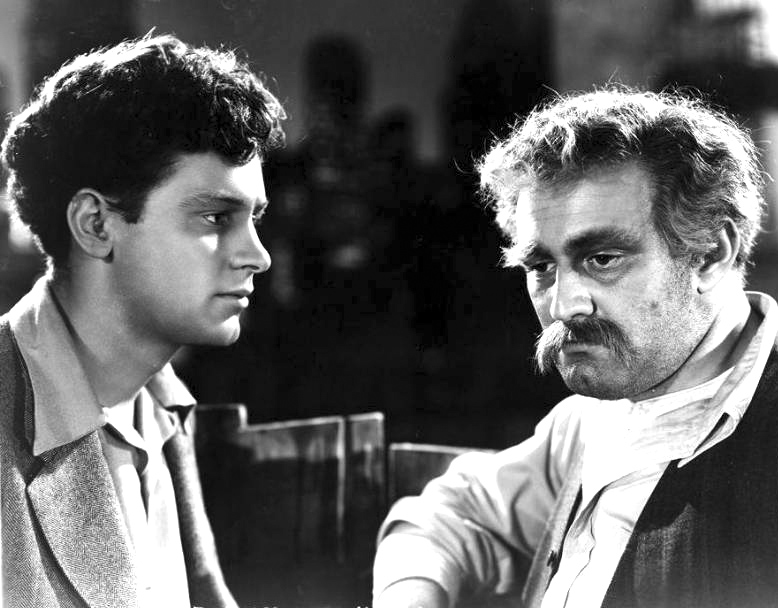
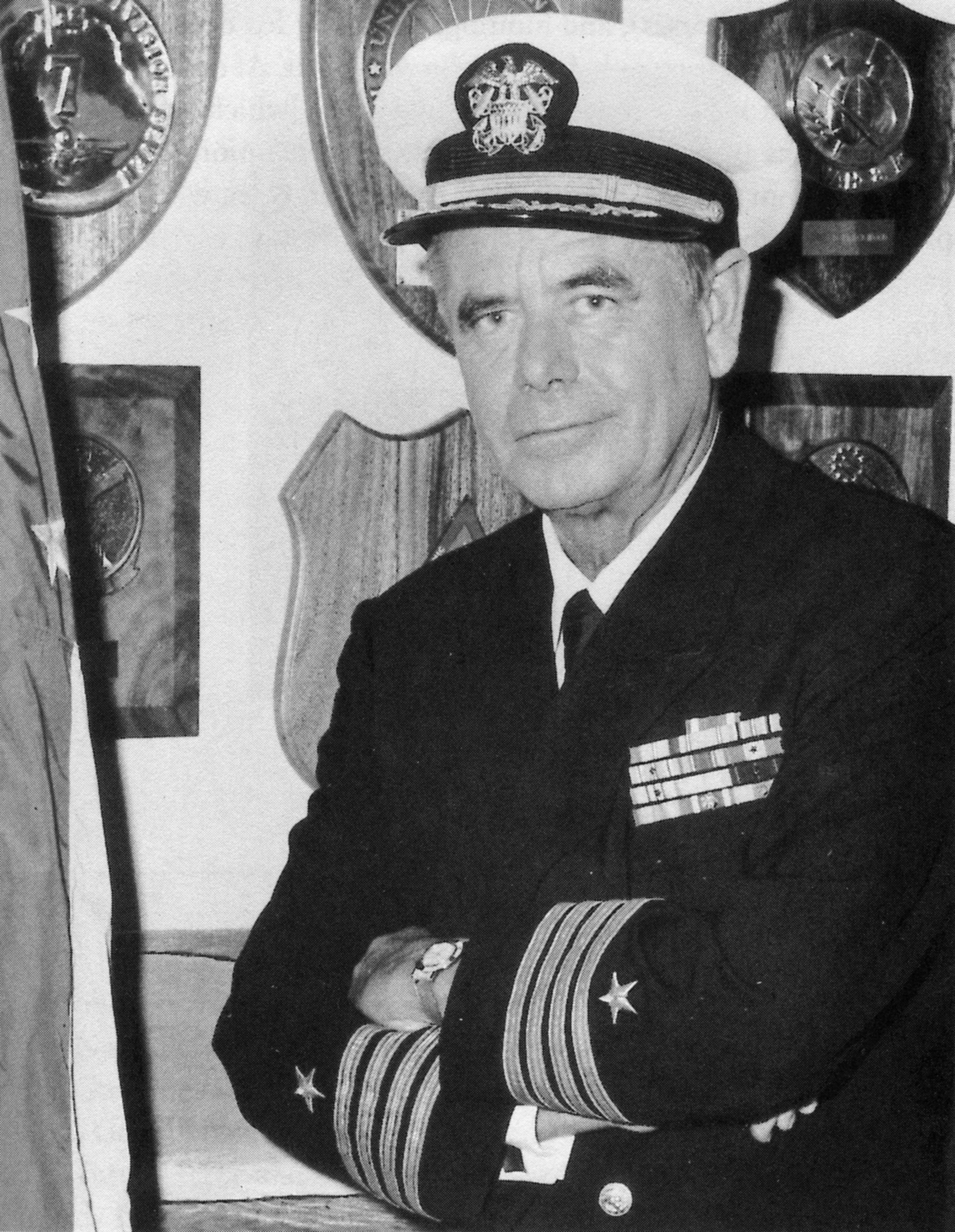



_-_1.jpg)
